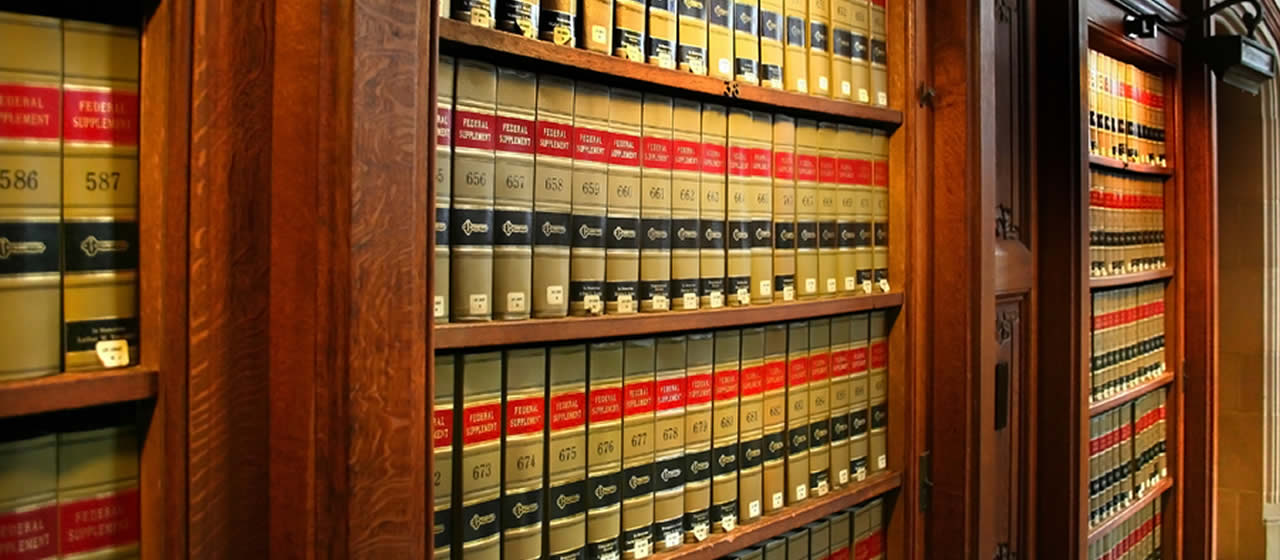Should I Make a Will?

Putting it simply, yes! If you are concerned about who will receive your assets and personal belongings after you die you should execute a will. Thankfully, preparing a simple will is a lot easier and quicker than you might expect!
A will is a document which names all the people you wish to receive your property after you die. In order for it to be a valid will there are a number of requirements including that it must be in writing, it must be signed by you, and your signature must be witnessed by two people who aren’t beneficiaries in the will. Should you die without a valid will there are both legal and practical ramifications for your family and your estate. Legally, your estate will likely be dealt with according to legislation passed by the NSW Parliament (particularly the Succession Act 2006) which may not be in accordance with your own wishes. If you want particular people or organisations (for example charities) to receive a gift from your estate you must make a valid will. Practically, there is a lot more paperwork and ‘red tape’ for your family to negotiate meaning it takes longer for your family to obtain access to your estate property.
You can change your will at any time while you are alive and of ‘sound mind’! You should change your will if your circumstances or wishes change. Such circumstances might include getting divorced or simply you changing your mind about who you wish to receive your property. Getting married after make a will normally invalidates a will. You should get advice if you have or are planning on getting married after making a will.
It is your choice as to who receives what property in your will but you need to keep in mind that if a dependent (e.g. a spouse or child) is not adequately provided for in your will they may be entitled to make a claim in the Supreme Court for provision by the estate. Parliament has enacted laws to enable to this happen. If you are concerned about this you should speak with a solicitor.
In preparing a will you must take care! Anything you own as a “joint tenant” is, generally, not something you can give away by will. A common example of joint tenancy is most joint bank accounts and real estate held as “joint tenants”. In those cases the “rule of survivorship” applies and the surviving joint tenant takes the asset entirely.
If you hold real estate as “tenants in common” the rule of survivorship does not apply and you can will away your share of that property.
Superannuation and life insurance policies are not strictly “your property”. The superannuation monies are legally owned by the trustees of the super fund and will be dealt according to the terms of the Trust Deed. A life insurance payment doesn’t materialize until after your death. Most superannuation funds and insurers allow you to nominate any beneficiary of your superannuation. You should check with your insurer or super fund about this.
You can buy “DIY will kits” from the post office for a reasonable fee. If you would like advice about your will you should see a solicitor. Depending on your requirements a basic will often costs from around $275. If your requirements are more detailed it may cost more.


